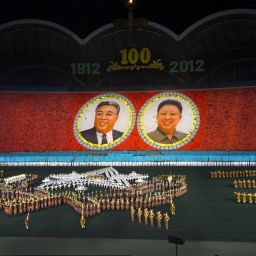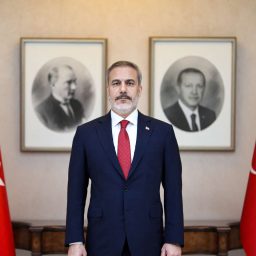EU’s Top Diplomat Borrell Cites Russia as an “Existential Threat” to Europe in Oxford Speech

Photo: Reuters/ Mr. Josep Borrell
Mr. Josep Borrell, the High Representative of the European Union for Foreign Affairs, gave a thorough overview of the current geopolitical environment, with a special emphasis on the ongoing conflicts in the Middle East and Ukraine, at a recent speech at Saint Antony’s College, University of Oxford. The address, appropriately titled “Europe is facing two wars,” emphasised the seriousness of the difficulties the EU faces both inside and outside of its Eastern front. Borrell, who plays a pivotal role in shaping the EU’s foreign policy, highlighted the Russian military aggression in Ukraine as an “existential threat” to European stability and security. The assertion is based on the premise that a potential success for Russian President Vladimir Putin in Ukraine could embolden further territorial ambitions, thereby undermining the European order as we know it. The High Representative’s use of the term “existential threat” is particularly significant as it implies a danger that could jeopardize the very existence of something; in this case, Europe’s current political and security architecture. It is a powerful characterization that reflects the heightened concerns within the EU regarding the long-term implications of the conflict in Ukraine.

















